In Spain, there is a popular saying that says: "Do not mix churras with merinas"; but, over time, this has led to the expression: "You have not to mix churros with meninas". But in fact, the protagonists are not churros, either are meninas ("Las Meninas" is a picture, painted by Velázquez). Then, we use to say: “Do not mix churros with merinas”.
Churras are a kind of sheeps, that provide an exquisite meat and a delicious milk.
Merinas are a kind of sheeps, famous for their whitish and dense wool, that they give.
Then, if you mix the two types of sheeps, you would get a sheep, whose meat and milk should not be as flavourful, either wool should not have such as quality. Therefore, it is better not to mix them.
In this sense, I have found a video, which talks about those sheeps. If you want to watch this video, please click on the link below:
http://www.rtve.es/alacarta/videos/aqui-la-tierra/churras-merinas/3336852/
This video has been recorded in Villaluenga del Rosario (Cádiz), South of Spain.
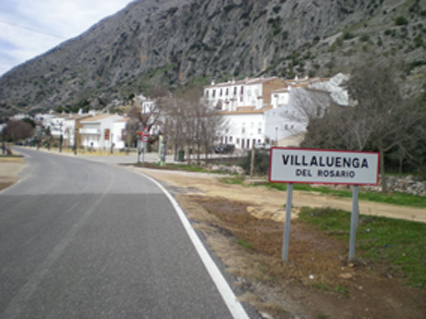
Lucía Mbomio (Reporter): “How old are they?”
Jesús Olmo (Goat herder): “They were born yesterday, in the afternoon”
Lucía: “Of course, they still have…..this is the umbilical cord, Is not it?”
Jesus: “Yes, yes, and it wants to nurse, Do not you see it?”
Lucía: “I already see it…….I had never done this one…..And could you milk this one?”
Jesus: “Yes, to this one”
Lucía: “You, neither machine, either nothing…”
Jesus: “Nothing. The machine are hands”
…..music……………..
Alfredo Castro (Veterinary): “The merina sheep, from Grazalema, has a curious thing that, contrary to the saying "no link churras with merinas", comes from the crossing of merina sheep with churra sheep”
Lucía: “And so it has good wool and good milk.”
Alfredo: “Indeed; it is very rustic and it has been adapted to this mountain range, the Sierra of Grazalema. Most of the time, they are in the field”.
Lucía: “How many hours do you spend here, more or less?”
Jesús: “From the morning at 7, more or less, until 8 or 9 ..., it depends on the weather; and, when you are milking, even more, because then you have to come at 5 and a half, when we get up, in the morning”
Lucía: “My mother…..!”
…….music…………………..
Lucía: “But, you do not milk them all the year, Right?”
Jesús: “No no. These are milked 4 or 5 months (the time of milking); we start, in April or March, depending the weather that comes, to June, when the grass is dry and you can not get a good cheese, as it must be”
Lucía: “Oh, I mean this is a function of feeding ....: when the feeding is more green .....”
Jesus: “You get a better cheese…”
……….music……………….
Lucía: “What about the weather ... because we are in one of the places, in Spain, where more rains ... How do sheeps adapt?”
Jesus: “Well, here .... the sheeps are accustomed from small, as the have no unit or anything, they are always in the field ....; nursing, they endure very well, of course”
Lucía: “And are you tough, do you endure well too?”
Jesus: “Man…., I have no choice but to endure whatever comes .....”
…..music……….
Lucía: “From what I see, your way of shepherding is very traditional, And what is about cheese?”
Jesus: “About cheese…now, when you arrive there, and talk to my wife, you will see what is about cheese…”
Lucía: “Then, I go there, to see it…”
Jesus: “All right”
Lucía: “Thank you very much for everything”
Jesus: “You are welcome”
…….music……………….
Lucía: “Charo, What are you doing”
Charo Oliva (Jesus´wife and artisan cheesemaker): “Look, here I am cutting some little tapas of cheese, in order that you taste it... Here, nothing more is involved: the animal, the man's hands and what is the product (milk); as milking my husband, he brings milk, and weather (room temperature), I have thermometer of moisture either nothing”
Lucía: “Let us see how taste this cheese, ecological and artisan ....”
Charo: “Perhaps you do not like it….”
Lucía: “How do I not going to like this wonder …….?!!!!
……………music and the end………………………………
And here you can see the most famous cheese, from Villaluenga del Rosario:
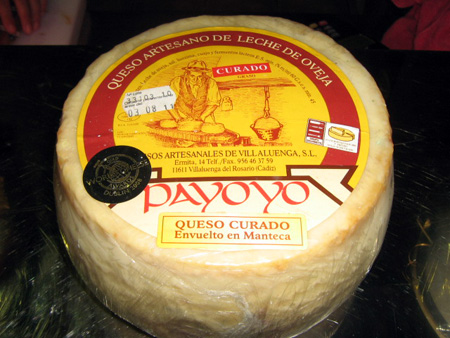
Now, I should like to show you some famous blankets of sheep from Grazalema (made with merina wool):
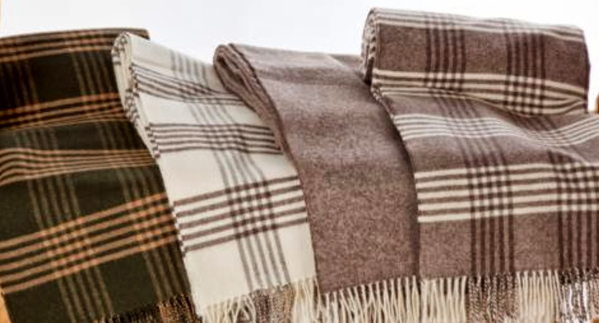
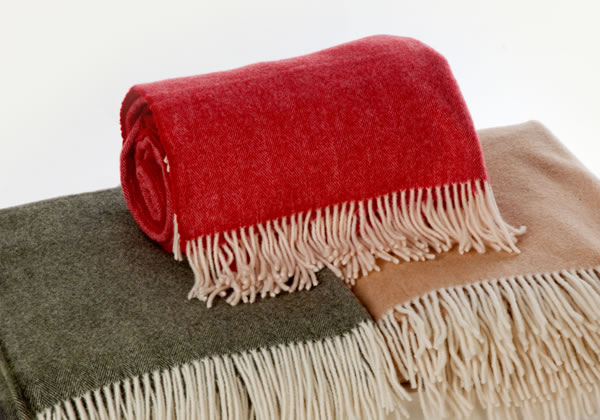
And here you can see some ponchos:
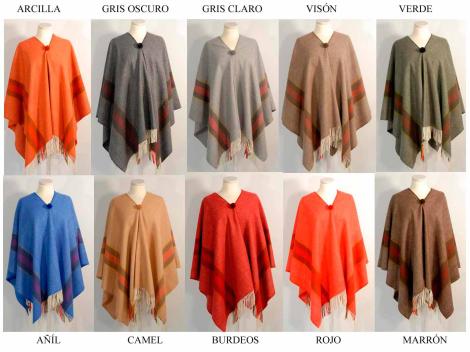
Well, I hope that you have liked this post and you can go to those villages, in order to enjoy yourself.
Until my next post, kind regards,
Luis.
Sponsored by Costaluz Lawyers.
Please click below:
